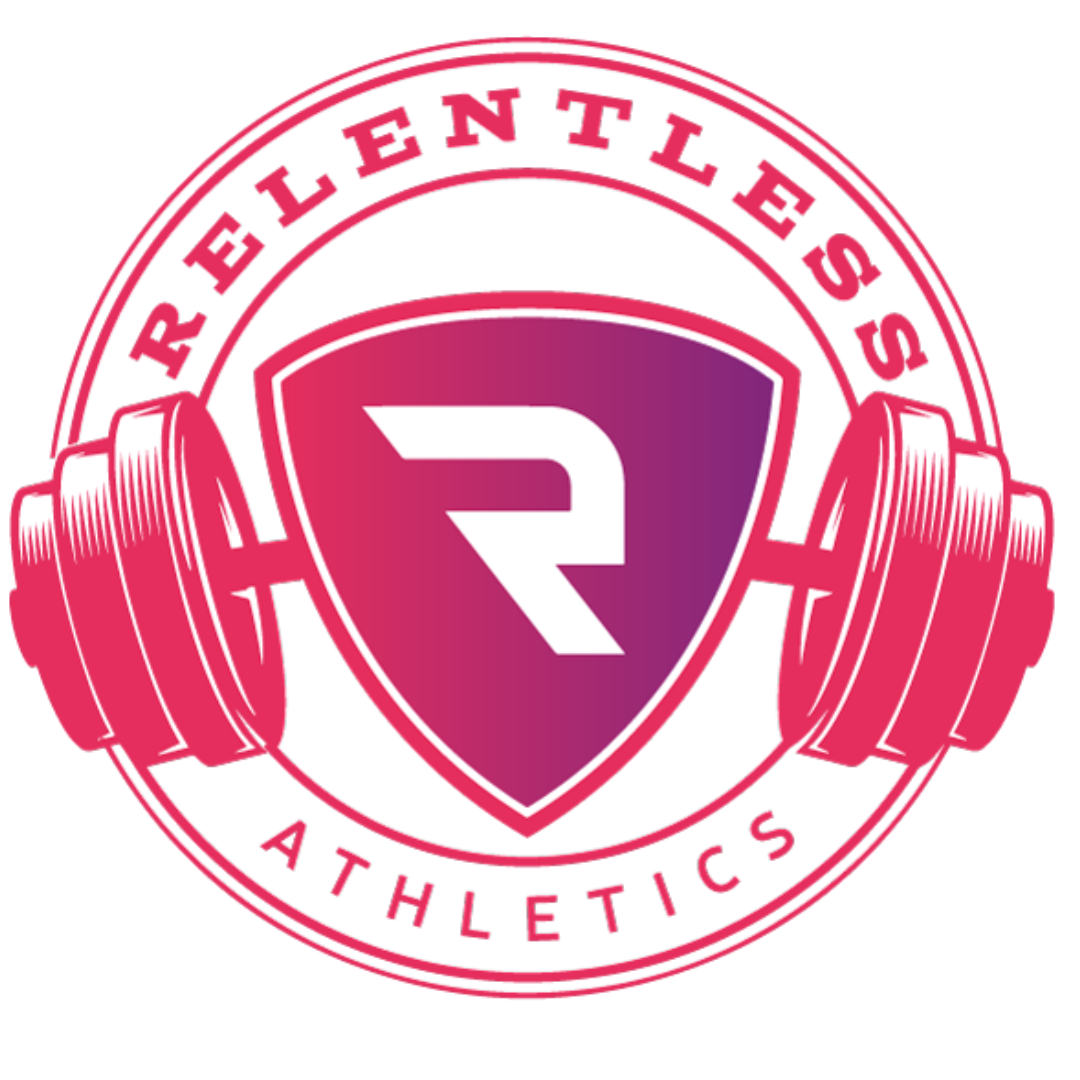What Happens if You’re Not Eating Enough Food?
What Happens if You’re Not Eating Enough Food?
By: Stephanie Garr
There are so many misconceptions about food and diet, particularly when it comes to females—not to mention female athletes. And as an athlete, the way you fuel yourself is just as crucial as the time and effort you put in at the gym, in the field, or on the court. Food is your fuel, and if you’re not getting enough of it, it won’t only impact your energy level and mood, but also your performance. After awhile, too little food can have major negative impacts on your body. Here’s what happens if you’re not eating enough food:
It Puts Stress on Your Body
Introducing a caloric deficit immediately puts stress on the body. Of course, some stress is good—in fact, it’s necessary if you want to grow and develop as an athlete. The main goal of your training is to work within the recovery-adaptation curve. This keeps your body in a balance between adapting and recovering in order to avoid exhaustion. With too much stress—caused by things like too little food—and not enough recovery, your body is never able to adapt.
It Slows Down Your Metabolism
This is a big one. The long-standing myth that to lose weight or “tone up” you must burn more calories than you take in is very false, and this idea can be especially detrimental to athletes who require more calories than the average person. See, when you undereat, your body kicks into survival mode—it thinks that you’re starving, and so it will naturally slow down metabolic processes to ensure you stay alive. In other words, when you don’t eat enough, your body isn’t running at its optimal potential.
So, What Can You Do?
In order to get your body into an adaptive state and in prime shape, you need to gradually increase the amount of food you consume to promote recovery. With this extra fuel, your body will receive the vital nutrients it needs to function. Increasing your caloric intake slowly allows the body to adapt and eventually crank up that metabolism again. Once your body reaches a recovered state, you can then introduce a slight caloric deficit, which your body will better respond to.
So, are you eating enough? Sign up for a FREE Nutrition Consult with Coach Emily Pappas, M.S.
About the authorStephanie Garr is a certified nutrition consultant, yoga teacher, writer, and editor. She received degrees in journalism and psychology from the University of Iowa, where she was also a member of the women's gymnastics team.


